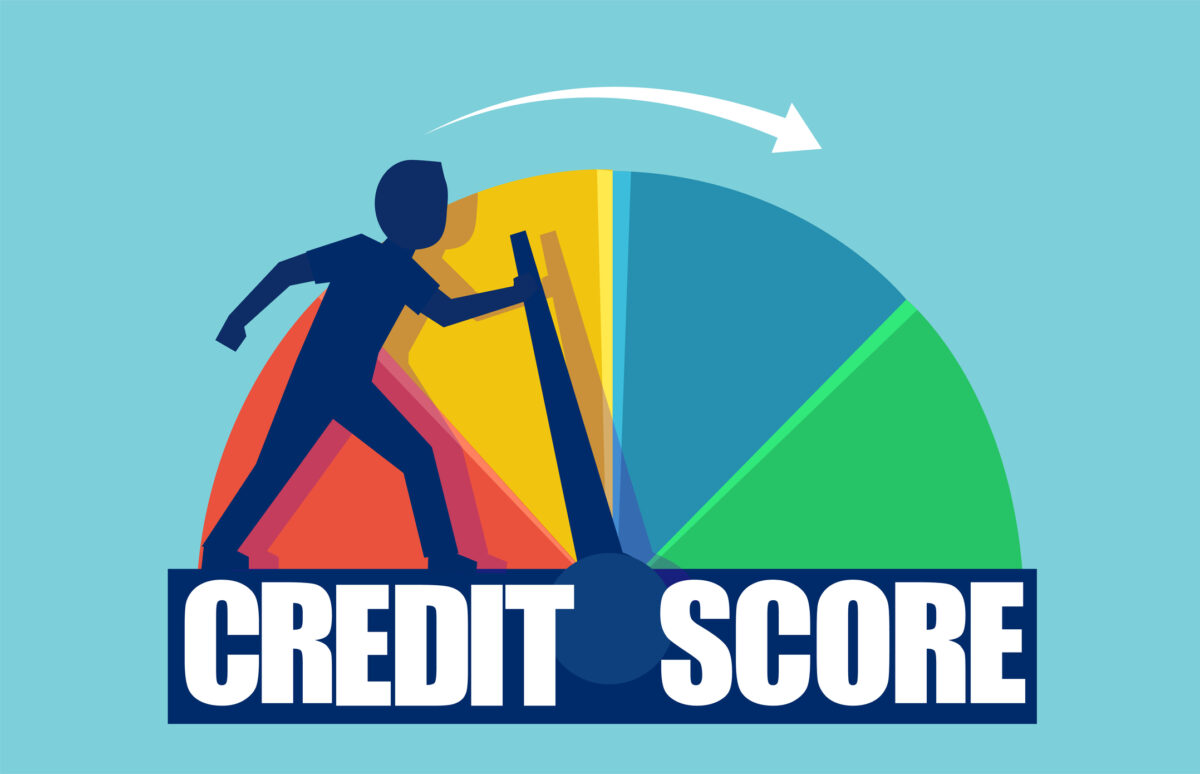If you are considering taking out a mortgage or even refinancing a current home loan, you want your credit to be at its absolute best. The better your credit, the lower the interest you will pay on your home loan. Even a quarter of a point can mean thousands in savings over the life of your loan. Therefore, before you start the mortgage process, you want to optimize your credit score.
The first step is to check your credit. Your lender will look at your credit (FICO) score and your entire credit report. You should request reports from all three of the major credit reporting bureaus: Experian, TransUnion, and Equifax. You may see slight variations in reports. You are entitled to one free report from each bureau each year. You may be able to check your FICO score with existing services such as your credit card services.
Looking over your credit reports, you want to check for any inaccuracies. These can include information that is completely false, as well as information that has simply been reported inaccurately. If you dispute the information, it becomes the credit bureau’s job to verify it within a short period of time. If they cannot verify it or you can disprove it, then they have to remove it from your credit report.
Next, look at whether you have any delinquencies. If you are behind on any accounts, that impacts your credit score and whether a bank will extend a mortgage to you. Pay any of them off. Judgments, late accounts, charge-offs, and anything in collections will show up as a delinquency. The most critical of these are debts that are in collections because those show up as part of your payment history when determining your FICO score.
Once you have paid off delinquencies, you want to establish a more recent history of on-time payments. Ideally, you want to wait at least six months from your last reported delinquency to apply for a mortgage. However, it takes seven years for delinquencies to completely disappear from your credit report.
You also want to pay off debt. While there is no magic debt amount that is too much for a good credit score or for a mortgage, banks are going to look at your total amount of debt compared to your income. If your debt-to-income ratio is more than 43%, you generally will not qualify for a mortgage. There are two ways to reduce your debt-to-income ratio. The first way is to pay off debts, but you can also get an additional job to increase your income.

